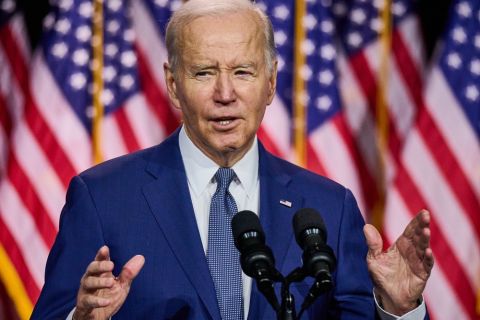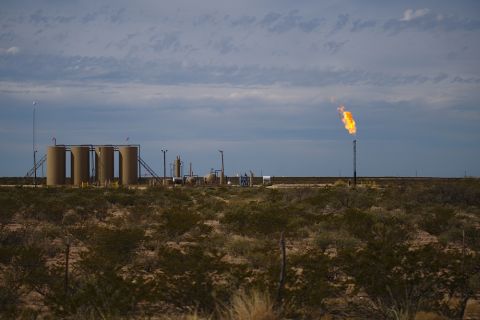Oil rose to hit $52/bbl on Dec. 28 as U.S. President Donald Trump's signing of a coronavirus aid package and the start of a European vaccination campaign outweighed concern about weak near-term demand.
After Trump backed down from a threat to block the package, Democrats on Dec. 28 will try to push through expanded $2,000 relief payments. Europe, meanwhile, launched a mass vaccination drive on Dec. 27.
Brent crude was up 45 cents, or 0.9%, at $51.74/bbl at 13:16 GMT, after trading as high as $52.02 and reversing an earlier decline. WTI, the crude benchmark in the U.S., added 59 cents, or 1.2%, to $48.82.
"The signing of the U.S. stimulus bill, with the possibility of an increased size, should put a floor under oil prices in a shortened week," said Jeffrey Halley, analyst at broker OANDA.
Oil has recovered from historic lows hit this year as the emerging pandemic hammered demand. Brent reached $52.48 on Dec. 18, its highest since March.
But, the emergence of a new variant of the virus has led to movement restrictions being reimposed, hitting near-term demand and weighing on prices.
Oil remains vulnerable to any further setbacks in efforts to control the virus, said Stephen Innes, chief global market strategist at Axi, in a note.
Also coming into focus will be a Jan. 4 meeting of OPEC and allies, a group known as OPEC+.
The group is tapering record oil output cuts made this year to support the market.
OPEC+ is set to boost output by 500,000 bbl/d in January. Russian Deputy Prime Minister Alexander Novak said on Dec. 28 the deal could be adjusted if the market recovers more quickly than expected.
Recommended Reading
EQT CEO: Biden's LNG Pause Mirrors Midstream ‘Playbook’ of Delay, Doubt
2024-02-06 - At a Congressional hearing, EQT CEO Toby Rice blasted the Biden administration and said the same tactics used to stifle pipeline construction—by introducing delays and uncertainty—appear to be behind President Joe Biden’s pause on LNG terminal permitting.
TC Energy, Partner Sell Portland NatGas Transmission System for $1.14B
2024-03-04 - Analysts expect TC Energy to make more divestitures as the Canadian infrastructure company looks to divest roughly $2.21 billion in assets in 2024 and lower debt.
Waha NatGas Prices Go Negative
2024-03-14 - An Enterprise Partners executive said conditions make for a strong LNG export market at an industry lunch on March 14.
For Sale? Trans Mountain Pipeline Tentatively on the Market
2024-04-22 - Politics and tariffs may delay ownership transfer of the Trans Mountain Pipeline, which the Canadian government spent CA$34 billion to build.
Kinder Morgan Sees Need for Another Permian NatGas Pipeline
2024-04-18 - Negative prices, tight capacity and upcoming demand are driving natural gas leaders at Kinder Morgan to think about more takeaway capacity.





